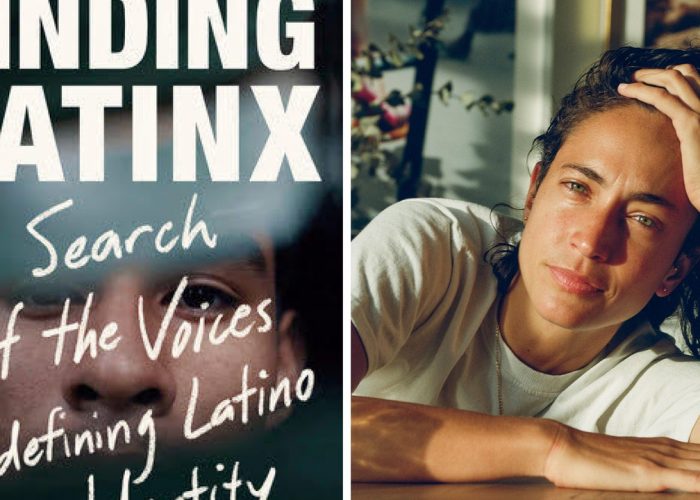As I walk around El Paso and into the main campus of the University of Texas at El Paso (UTEP), lines and lines of Latino students getting out of class walk by meall of them with stories, backgrounds, and last names that can culminate in deadly hate at any second. Because no matter how bright the sun is shining today on this campus, theres still a silent understanding that any one of these students could have been victims of the Walmart massacre. And just because it didnt happen then doesnt mean they dont know it could still happen today.
What must that feel like?
I stop a couple of students to ask them directly, surprised that theyre surprised Im approaching them with these questions: How are you feeling after the shooting? Whats going on? Are you holding up? Are you okay?
Slowly, answers begin to trickle through:
I was really scared to go back to school, one student tells me. More than half of the students are Latinos and I felt like, How will I feel safe in the place I study? What if something happens? What would we do? How would we react?
Another student tells me that hes scared something similar could happen in any moment.
It makes me scared to be in the United States because someone could be inspired by him and come and do the same thing in this school, he states.
Then, I also hear anger. Im angry because he is pleading not guilty knowing what he did, one of the students tells me. Thats not fair.
Across campus, I overhear a student as she gives testimony before a government hearing thats being held at UTEP: I want you to think about a loved one you know that is going to school, she addresses the government panelists. And think about their heart pounding to their chest when they hear a loud noise across the hall, when they spend hours upon hours studying for an exam and they can no longer focus on it because of the real and paralyzing fear that they have of being shot.
But this comment is perhaps most worrisome of all, because its the simplest: As a Latina after the shooting, I feel scared to go out places. . . . But Im kind of getting used to it.
This statement is terrifying, because it points not only to the normalization of trauma but also to that of inaction, which go hand in hand. In the aftermath of one of the largest attacks against Latinos in our history, the Texas state government passed absolutely no legislation to prevent another mass shooting from happening in its own backyard. Instead, adolescents and kids are being forced to accept living in a state of fear. And in that reality, the reality of mental health concerns becomes not an exception but a norm. A way of life. An ordinary struggle, a daily activity.
The truth is that the pain around the Latinx community can become almost unbearable. It can become increasingly easier to give up, as statistics on the younger generations mental health demonstrate. Every single day, the members of these communities are handed different opportunities to do thatto walk out their front door and remain in silence or to simply succumb to fear. But the younger generations of Latinos are choosing to not let statistics define them and opting to create a future that is brighter than the bleak picture painted by stats, the news, and the growing racism in the United States. Why? Because remembering where theyve come from can help them keep pushing through.
From FINDING LATINX: In Search of the Voices Redefining Latino Identity by Paola Ramos. Copyright © 2020 by Paola Ramos.Published by arrangement with Vintage Books, an imprint of The Knopf Doubleday Group, a division of Penguin Random House LLC.read more
Paola Ramos on Latinx Youth Resiliency From Her Forthcoming Book


